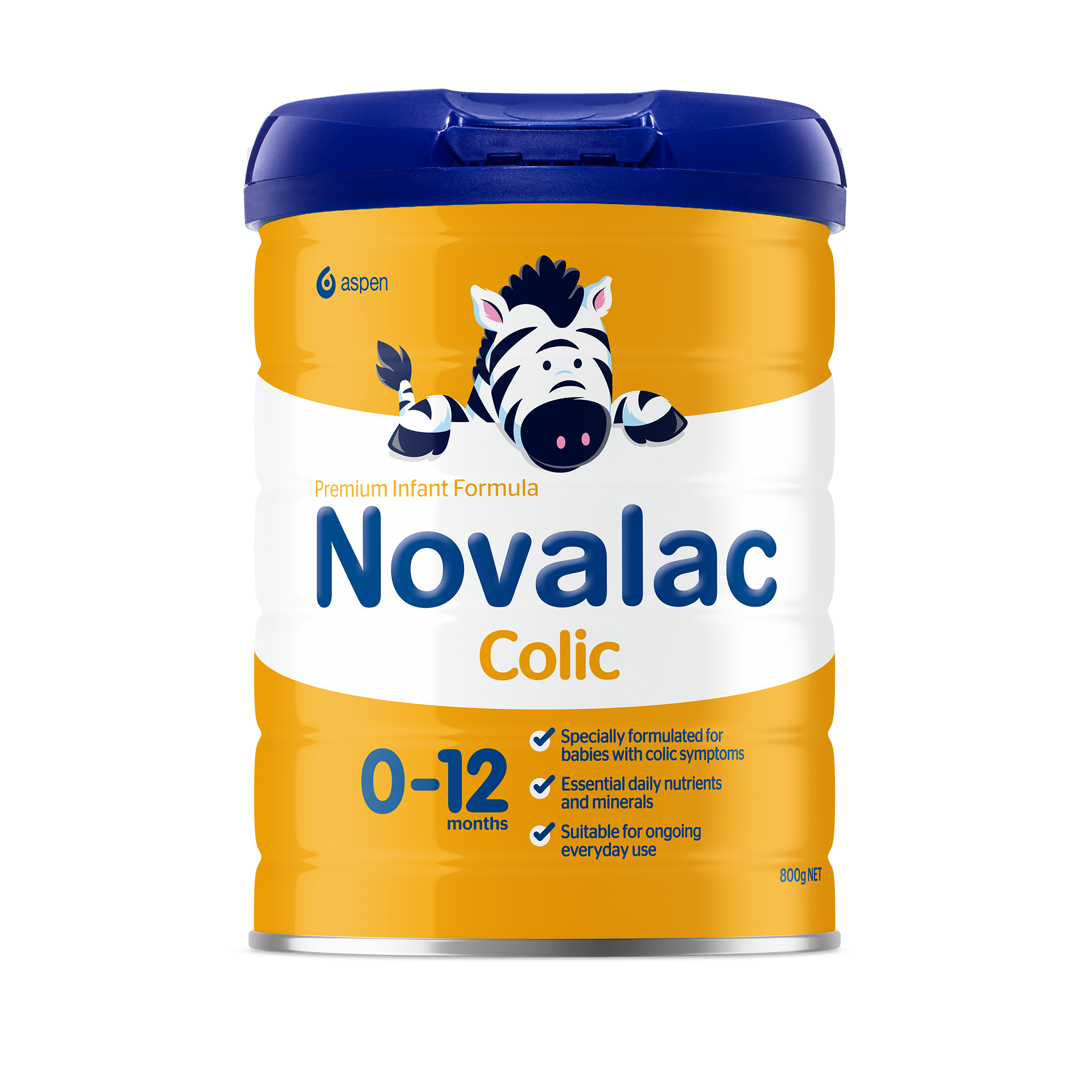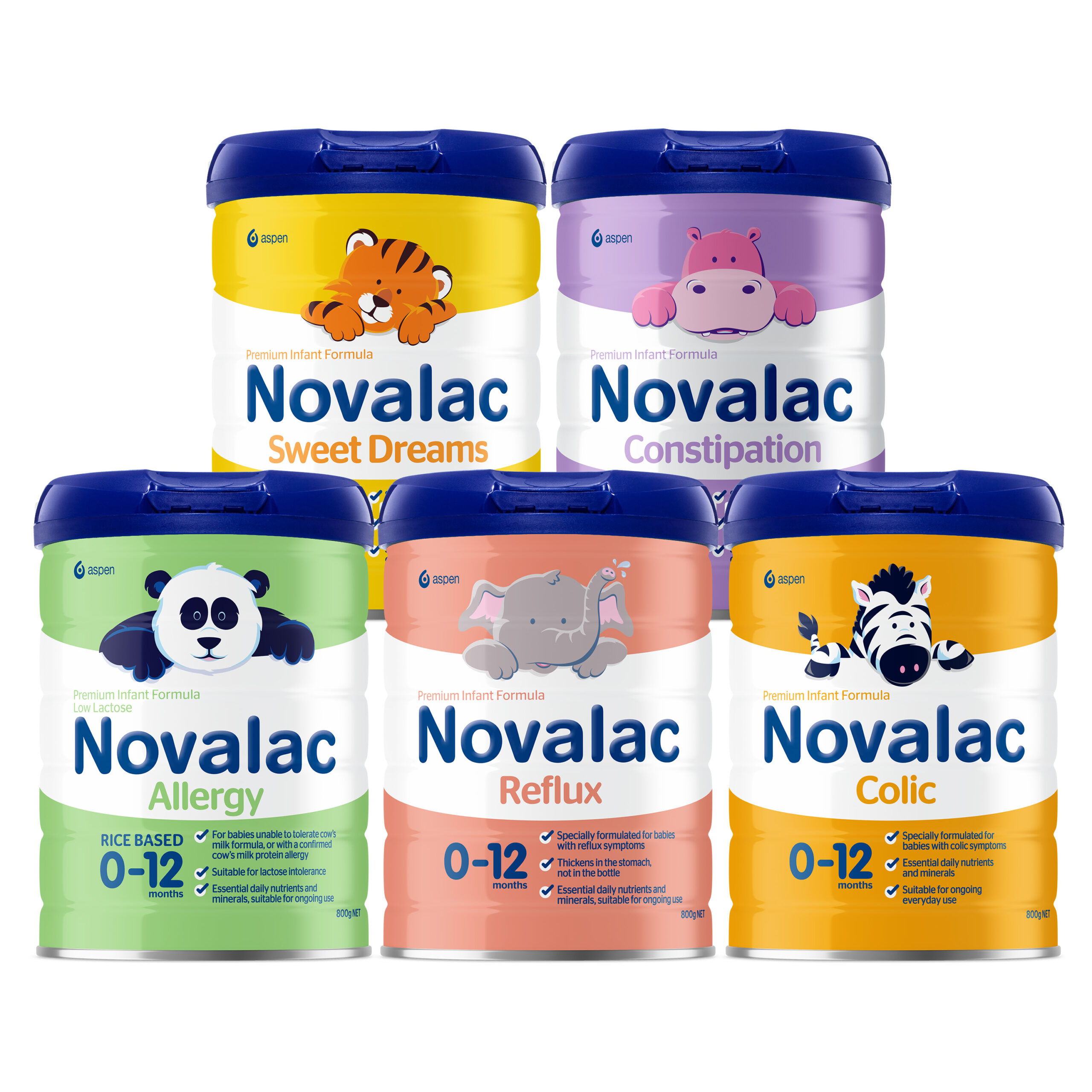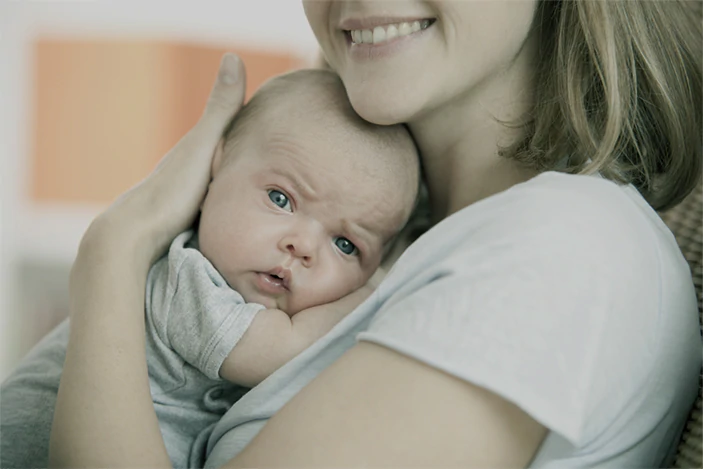Colic in Babies
Colic is very common and usually appears when babies are around 2–4 weeks old
What is colic?
Colic is a term used to describe excessive, uncontrollable crying or fussing in babies who are otherwise healthy and well fed.
Babies with colic may cry inconsolably for hours, usually in the late afternoon and evening. At other times they may be restless, cranky, and difficult to settle. A baby with colic may seem to be uncomfortable or have wind pain, drawing their legs up and clenching their fists.
What causes colic?
It’s not known exactly what causes colic, but some possible factors are:
An immature digestive system
Excess gas or “wind”
Too much or too little milk, or milk given the wrong way
Oversensitivity to light, noise and other stimuli
The good news is colic tends to go away on its own by the time a baby is around 4 months old.
What are the symptoms of colic in babies?
It’s completely normal for babies to cry, and most babies will cry for a few hours every day. But if your baby constantly cries and fusses for no apparent reason, or they seem to have colicky abdominal pain, they may be suffering from colic.
Symptoms of colic include:
- Excessive, frequent or unexplained crying
- Pulling the legs up to the stomach, or arching the back
- Becoming red in the face or clenching the fists
- Passing of excessive wind
- A protruding belly
Symptoms tend to worsen in the evening and your baby may find it difficult to fall and stay asleep.
How is colic managed?
Colic is usually not serious and babies continue to eat and gain weight normally. In between bouts of crying, they may seem perfectly happy. But trying to cope with an inconsolable baby can be exhausting and may create stress and anxiety for your family.
It’s important to see your doctor if your baby is unusually distressed or crying constantly to rule out any other medical conditions.
What else can I do?
If your baby has colic you may also consider the following to help relieve their discomfort:
- Burping your baby frequently
- Wrapping your baby snugly
- Walking around to comfort them
- A gentle back or tummy rub
- A calming bath
- A different teat on the feeding bottle

NOVALAC COLIC
Learn more about Novalac Colic




